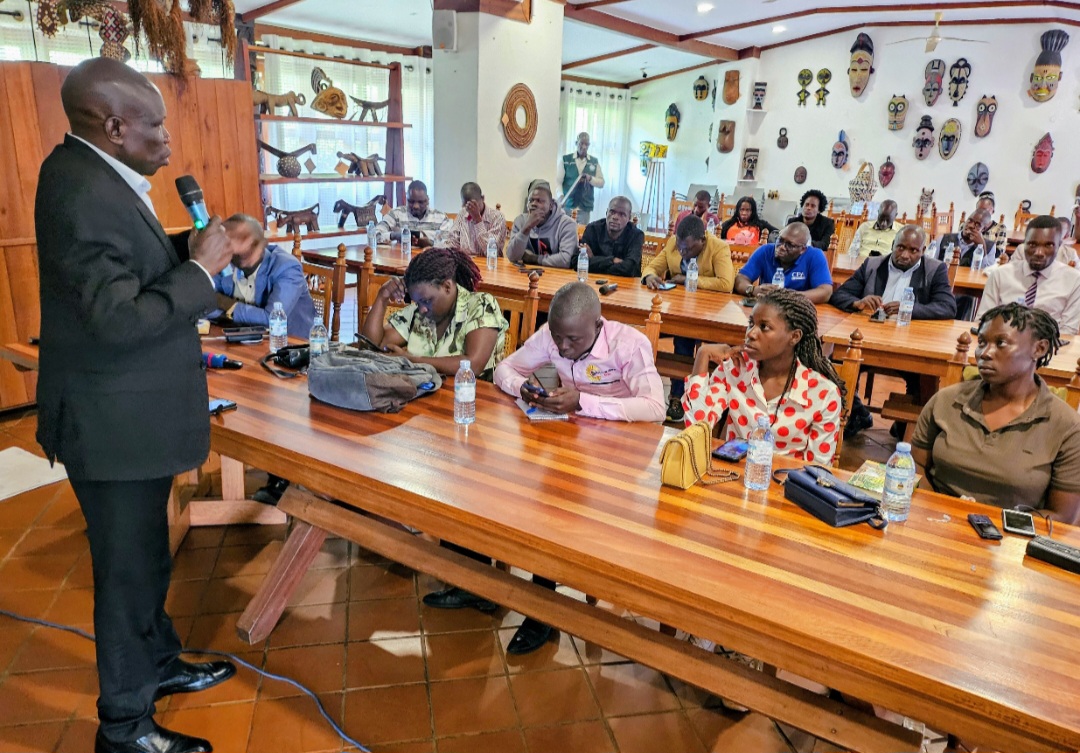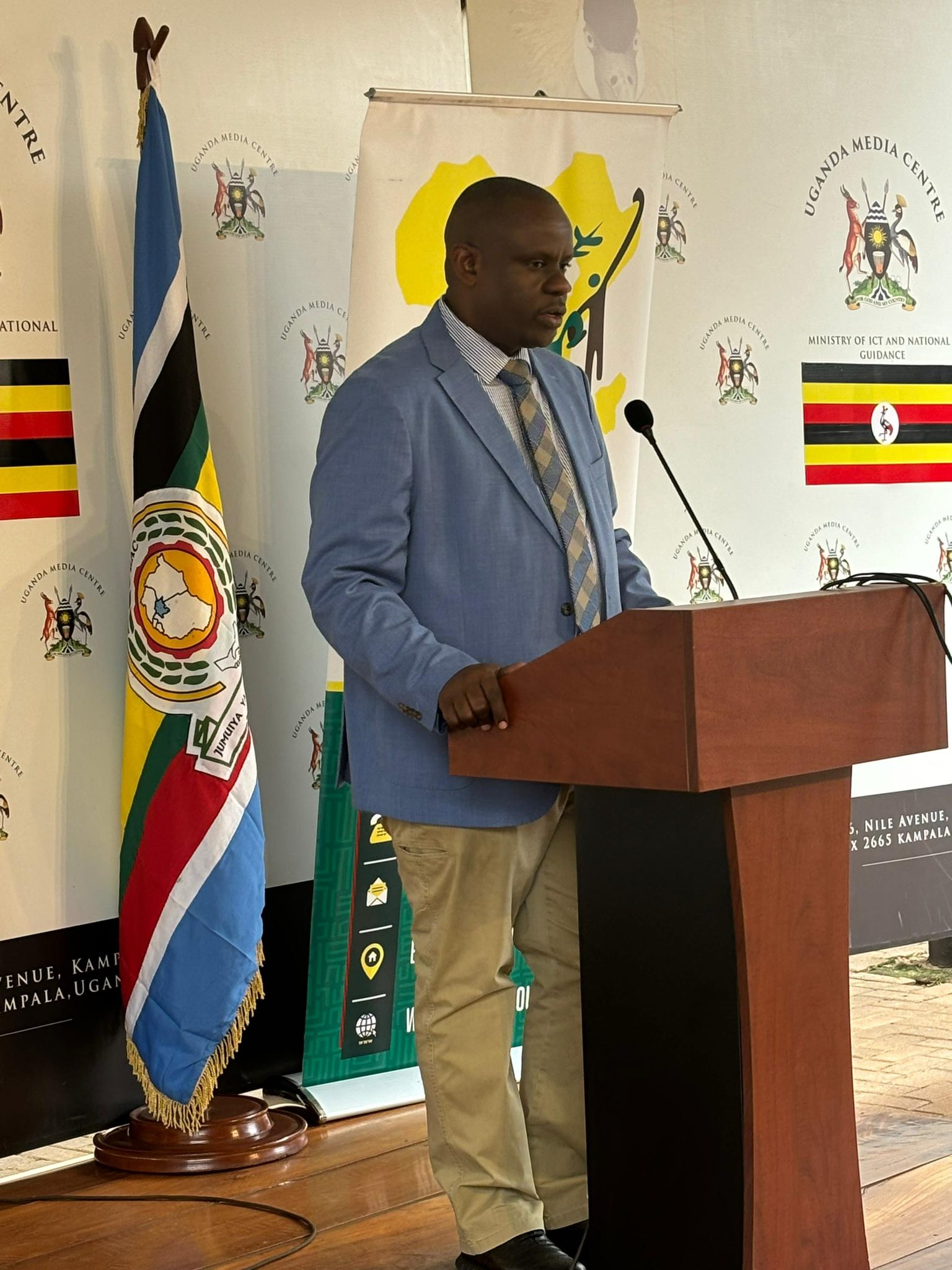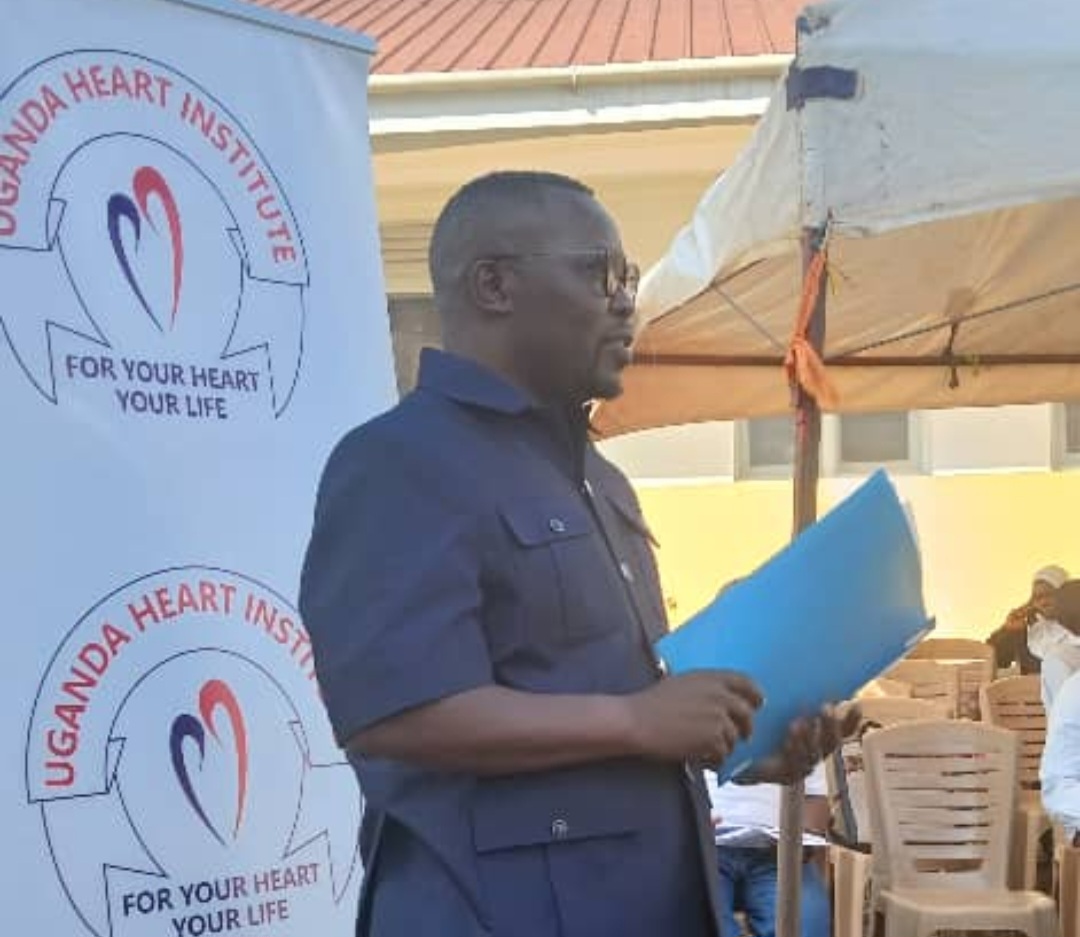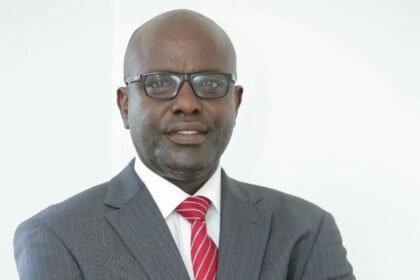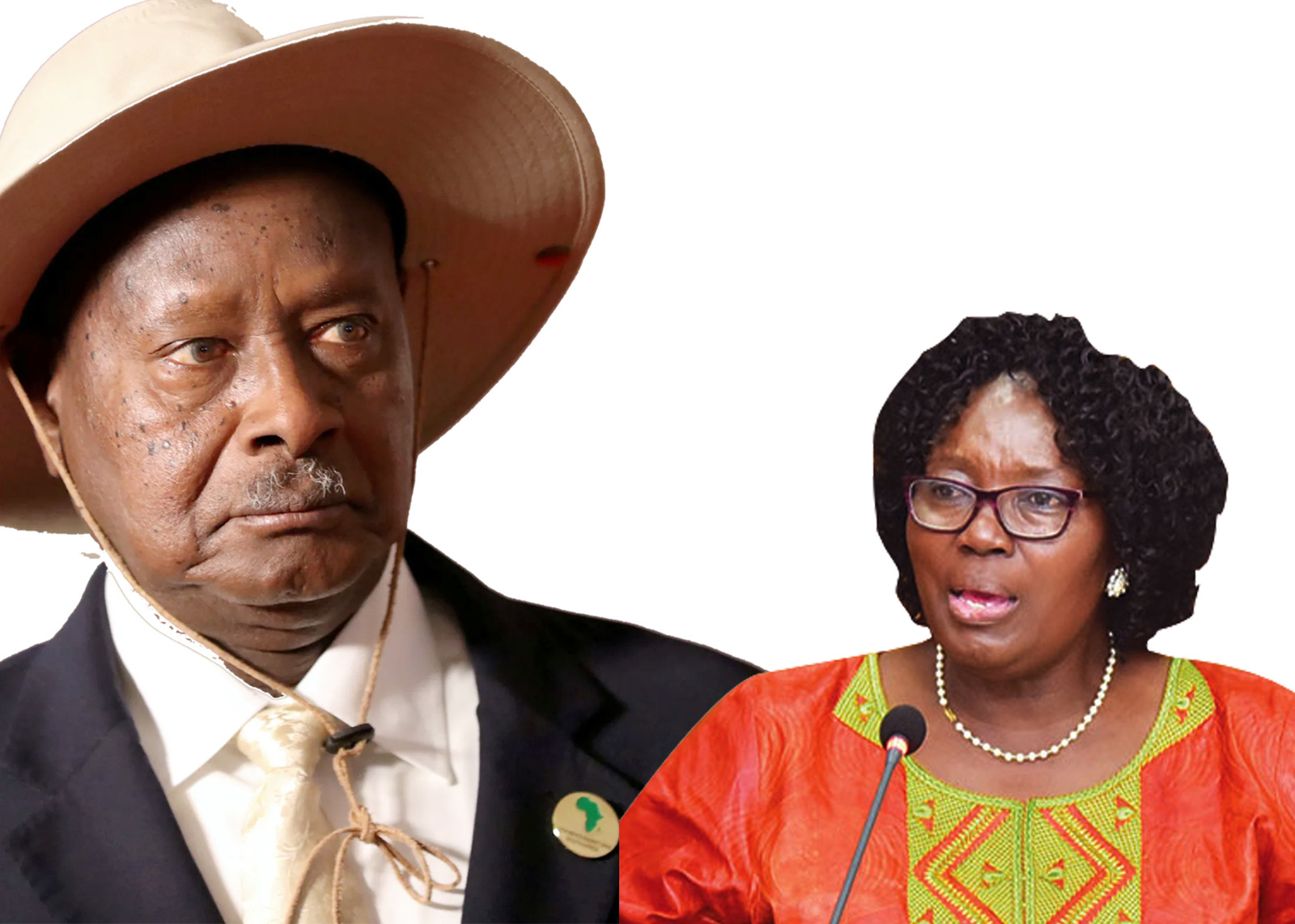Journalists have been called upon to become defenders of science and frontline partners in the fight against misinformation threatening agricultural progress in Uganda and beyond. Speaking during a regional media training at Masindi Hotel on Thursday, the Deputy Director General for Agricultural Technology Promotion at the National Agricultural Research Organisation (NARO), Dr. Sadik Kassim, urged members of the press to uphold accuracy, credibility, and professionalism in reporting on agricultural research and innovations.
Dr. Kassim emphasized that the media wields immense influence over public perception and must not allow this power to be hijacked by anti-science narratives. He noted that negative activism has been used to spread fear and disinformation about scientific advancements in agriculture. These actors, he said, are swift and strategic in how they disseminate their messages, often targeting the media knowing that journalists are always in search of news.
“Science and technology is the next panacea for the human race,” he observed. “The world’s population is growing rapidly while land space remains static. This creates complex challenges that only science can solve. If we don’t secure food, we cannot secure peace. Populations without food are unsettled.”
He revealed that Uganda has already reaped significant benefits from agricultural research, thanks to technologies that have enhanced crop resilience against drought, pests, and diseases while shortening maturity periods, improving yields and tailoring crops for industrial growth. Without the application of science, he warned, the country would have lost much of its agricultural potential. He credited science with saving countless food systems and livelihoods, and called for stronger public understanding of its role.
He challenged both scientists and media professionals to build mutual trust and credibility. For researchers, he said, this means being transparent and open about their work, explaining their processes and findings in ways that are understandable to the public. For journalists, it means ensuring that every story is backed by facts and verified information.
Dr. Kassim also stressed the need for more effective communication strategies within the scientific community, with the need for research data being translated into digestible content.
He rallied journalists to go beyond reporting on problems and instead spotlight the solutions that science is offering to society. He said NARO would evaluate the possibility of launching media awards to recognize excellence in science communication and to incentivize journalists to tell compelling stories about innovation, resilience, and transformation in the agricultural sector.
He further urged media practitioners to stay informed, build professional networks, and seek continuous learning, particularly in areas of science and technology.
The training in Masindi is part of NARO’s wider initiative to equip journalists with knowledge about agricultural research and the pivotal role it plays in food security, economic development, and climate resilience.
The NARO Senior Communications Officer, Frank Mugabi, noted that through such engagements, the organisation hopes to bridge the gap between science and society, with the media serving as a vital link in telling the true story of agriculture in Uganda.
Do you have a story in your community or an opinion to share with us: Email us at Submit an Article



